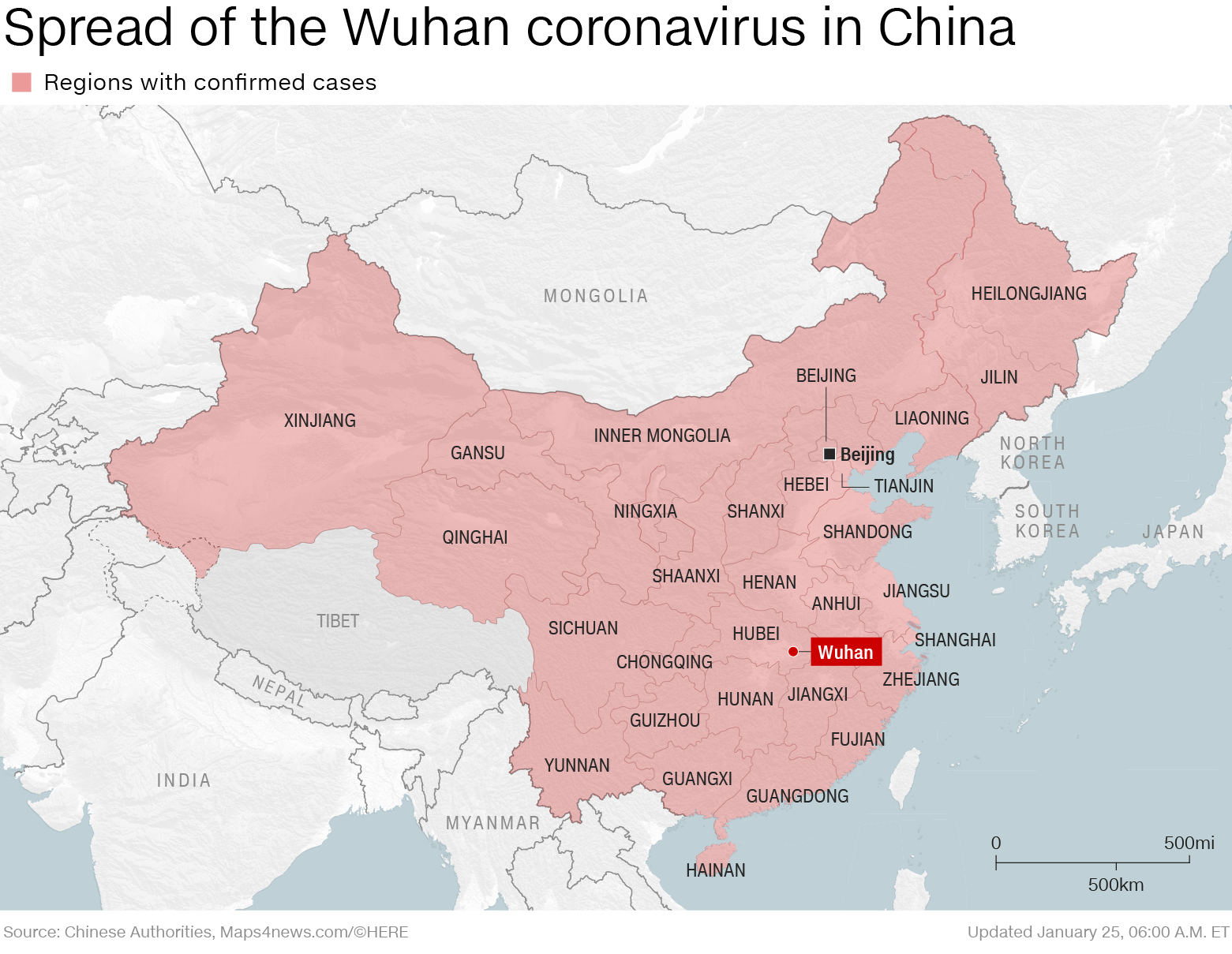


(5) Indo-Pacific countries, and especially those in ASEAN, should be supported with capacity building programs to foster regional security and strengthen human development. This indicates that for Europe, Indo-Pacific security is of critical national and regional importance. (4) In 2021, the 27 countries of the European Union recorded the second-largest share of FDI in ASEAN, putting the EU ahead of Japan and China. Ensuring that Beijing respects economic interdependence theory is crucial to regional stability. As an increasing number of Chinese companies begin operating in ASEAN countries – drawn by lower labor costs and to avoid economic sanctions imposed by the United States – there’s a growing expectation that Beijing will want to maintain stable relations with its neighbors. (3) China’s economic presence and influence in the Indo-Pacific is expanding and deepening through trade and foreign direct investment (FDI) flows, especially in real estate, information technology (5G/6G networks), manufacturing (primarily electric vehicles), and financial sectors (Digital Yuan). Given this, diplomatic efforts alone will not lead to peaceful resolution of disputes with China.

(2) China’s behavior in contested regions in the East China Sea (the Senkaku Islands), the South China Sea, and around Taiwan can be divided into two categories: premeditated routines unlikely to be influenced by external influences, and ad-hoc actions aimed at expressing dissatisfaction with the actions of neighboring countries. Escalation of tensions in the region has been narrowly averted by the patience of neighboring countries – not China’s actions. This suggests China doesn’t represent the interests of developing countries and is not a responsible superpower. (1) China is trying to present itself as a responsible global leader that can replace the West, but in reality, Beijing has been gradually changing the status quo by utilizing hybrid challenges and widening the capabilities gap to help China seize regional hegemony unilaterally. This paper aims to untangle these developments. This uneasy balance will not change unless Beijing acts as a responsible power, and not a superpower spouting empty promises. Instead, China’s neighbors are focused on maintaining military deterrence while engaging in sturdy, patient diplomatic negotiations. Simply put, China’s vision of win-win international relations is not convincing to regional powers interested in stability. But with Beijing focused on building a “new world order” that is not beholden to Western standards, it’s hard to predict how long Beijing will remain interested in the incentives of future economic benefits. The war has also shaken the region’s belief that economic interdependence (expectations of future economic benefits) reduces the probability of military conflict, which was once the basis of European countries’ relations with Russia.Īmid these shifting dynamics, Asian countries are attempting to strengthen communication with China in several ways, including with dialogue, by promoting pragmatic cooperation, and incorporating China into regional frameworks. Asian countries have seen fit to strengthen their military deterrence based on the assumption that Ukraine was invaded because of insufficient power and weak security guarantees. Russia’s invasion of Ukraine has only perpetuated this trend. Despite briefly championing a strategy of “smiling diplomacy” after the re-election of Xi Jinping as general secretary of the Communist Party of China (CPC) in October 2022, China has since returned to its conventional assertive behavior. With its growing military power and expanding economic influence, China believes it can dominate its neighborhood with superior hard power.


 0 kommentar(er)
0 kommentar(er)
